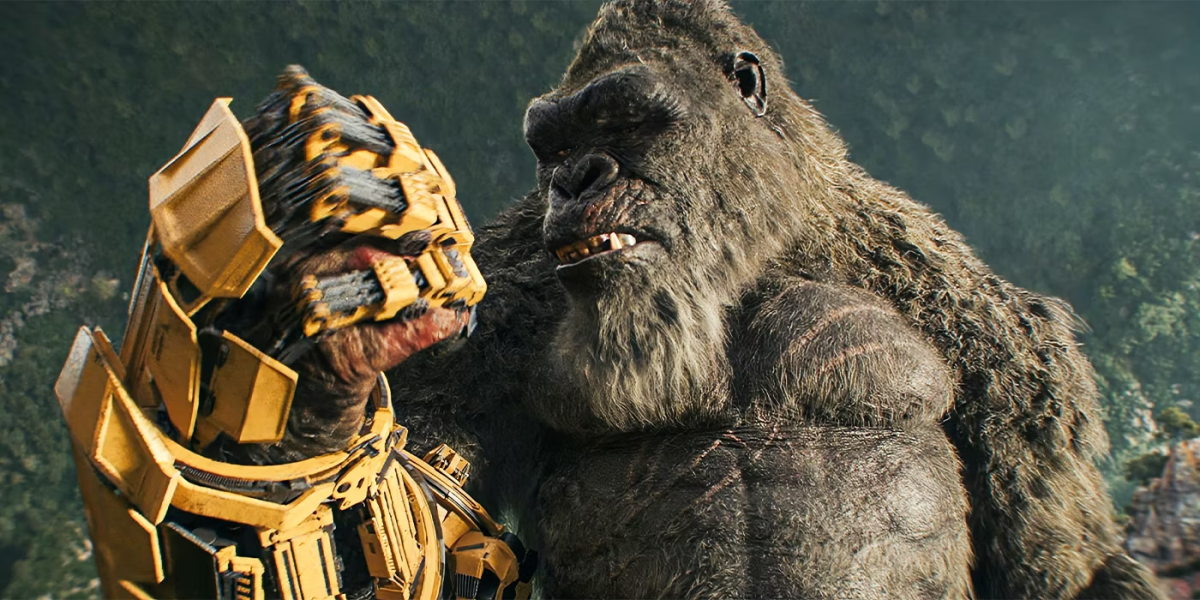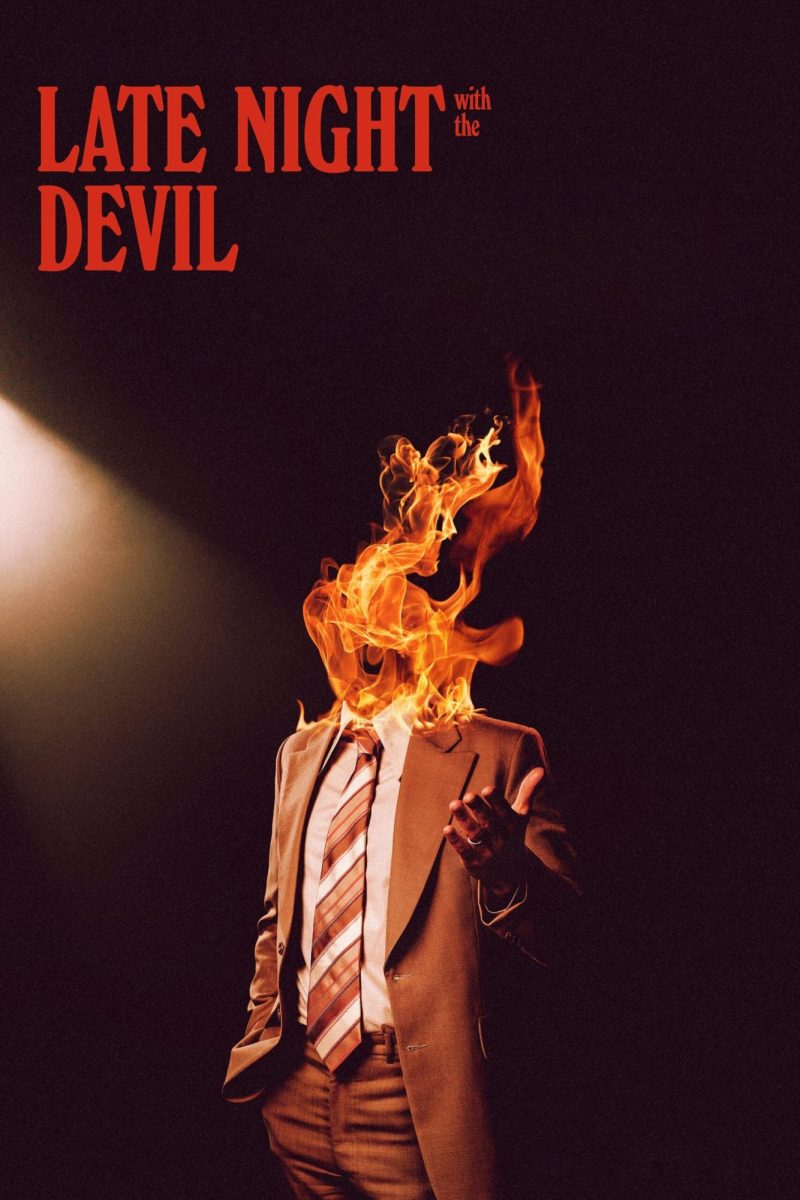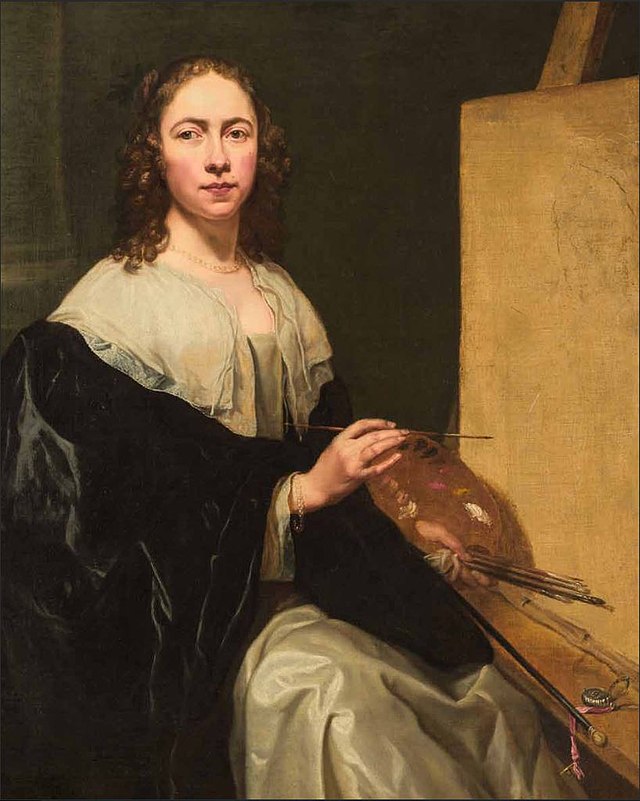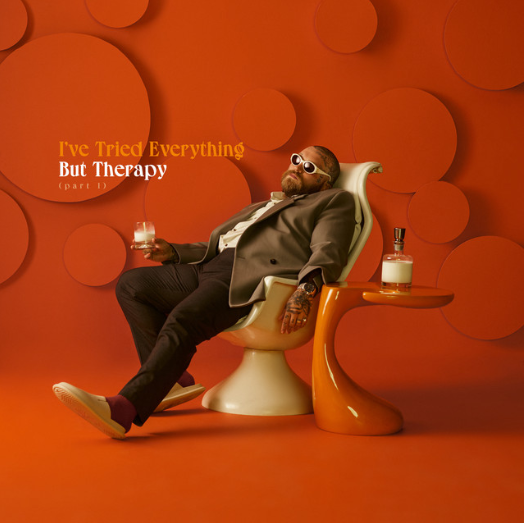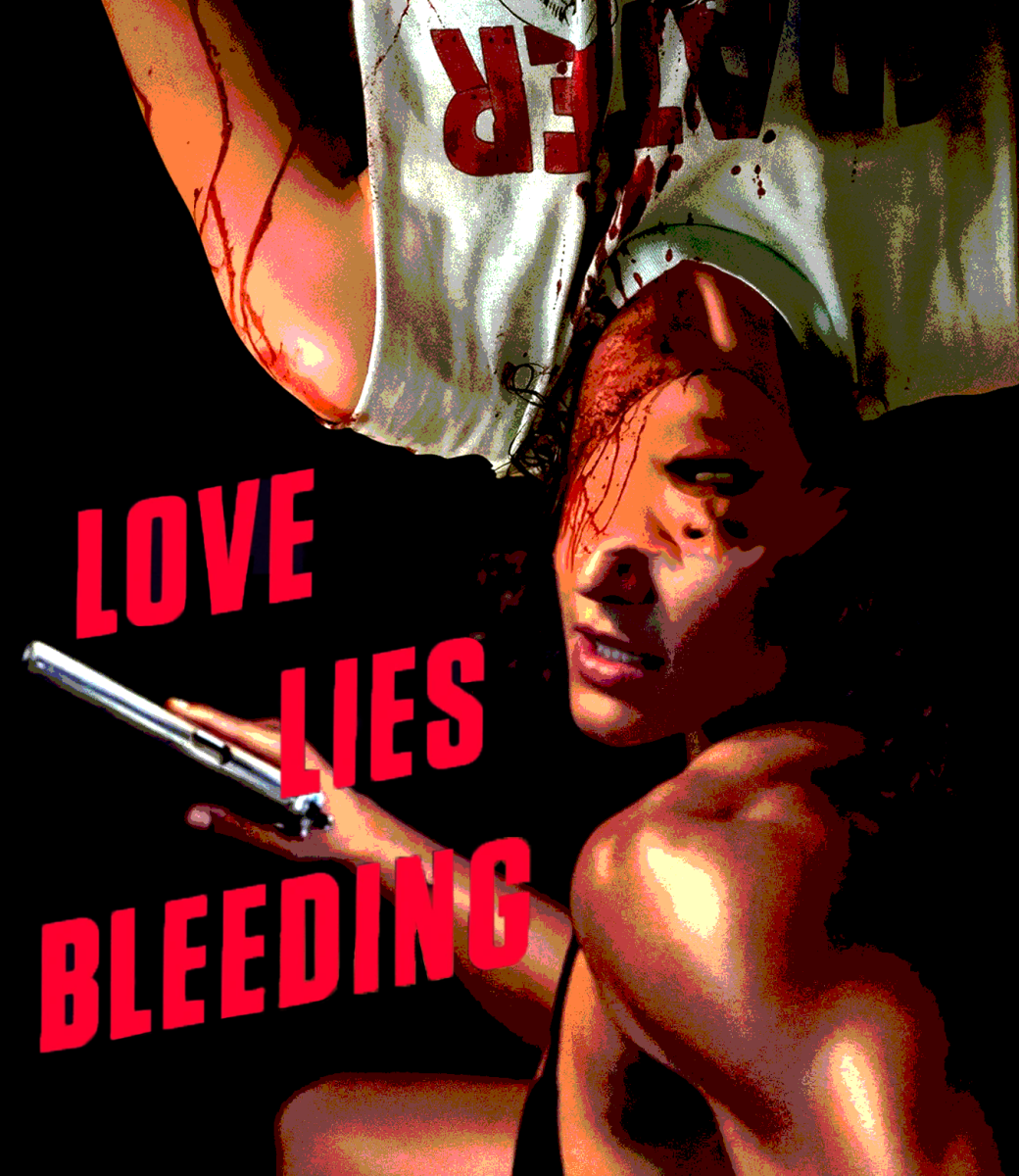Have you ever wondered what happened to Jesus during those missing teenage years? Do you know what to do if you have a demon as your servant? What would you do if you found out your significant other was a vampire and has turned you into one?
Best-selling author Christopher Moore has set out to humorously answer all of these questions and more. He is the author of 10 novels, including Practical Demonkeeping (1992), Coyote Blue (1994), The Stupidest Angel (2004), A Dirty Job (2006) and the international bestseller Lamb (2002).
Moore was born in Toledo, Ohio, and grew up in Mansfield, Ohio. He attended Ohio State University and Brooks Institute of Photography in Santa Barbara, Calif. At the age of 19, Moore moved to California, then to Hawaii in 2003. Before becoming an author, he worked many different kinds of jobs, including a hotel night auditor, a photographer and a DJ. He still has many hobbies today: He enjoys kayaking, scuba diving and photography.
Moore’s works are often described as absurdist fiction, and his influences include John Steinbeck and Kurt Vonnegut. Christopher currently Moore is touring to promote his most recent novel, You Suck: A Love Story.
Kate Strycker: What is your writing philosophy?
Christopher Moore: I think if you have something to say, you have the obligation of entertaining the reader enough to listen to it. You have to earn the reader’s attention. I always set out to entertain the reader first, and then make my point.
KS: You say that some influential authors are Vonnegut and Steinbeck. Are there any specific books of theirs that are inspiring to you?
CM: With Steinbeck, it was Cannery Row and Sweet Thursday because of the beautiful, forgiving narrative voice and the humor. With Vonnegut, it’s more the body of work, but I like Slapstick and Galapagos a lot. Vonnegut is never afraid to throw an idea at the page, to explore it and move on. He doesn’t hold them to his chest, precious, like baby birds. He splatters those [things] all over the page and reaches into the basket for more. That shows great faith in the muse, and I admire that.
KS: Do you have any favorite TV shows or movies?
CM: My favorite movie of all time is Butch Cassidy and the Sundance Kid. I saw it first when I was about 12, and I can watch it over and over. Each scene still seems perfect. On TV, currently I like Scrubs, My Name is Earl, Battlestar Gallactica and Eureka. I think Deadwood may have the most amazing dialogue (monologues, really) that I’ve seen on TV. It’s like Shakespeare with Tourette’s Syndrome. I’m sorry to see it go.
KS: What is your proudest moment?
CM: Hard to say. I don’t feel that proud of my accomplishments or myself. I feel as if I can do better.
KS: What is your biggest regret?
CM: Perhaps not spending a little more time with my father before he died. He died of a sudden heart attack when I was 21, and I had been away for a while, out of state. When I saw him last, on a visit home, I spent more time with my friends than hanging out with him. He wanted to go golfing and I slept in because I’d been out late with my friends partying. You know, I’ve never regretted having given someone anything, including my time, but I’ve often regretted not giving. I try to let that inform my decisions as life goes on. Be generous, it cuts down on the regrets.
KS: What is your favorite book of yours that you have written?
CM: Probably Lamb: The Gospel According to Biff, Christ’s Childhood Pal. It was an enormous project to take on, and I’m just happy that I was able to pull it off and that people get it.
KS: What has your college education afforded you, and what kind of advice do you have for other young writers working toward success?
CM: Well, I didn’t finish college, so I’m not sure that I’m the guy you want to ask about that. I will say that my education in anthropology has helped me enormously. My advice to people who are contemplating writing fiction as a profession is to go easy on the literature courses and long on the social sciences and history classes. It will help you more to know how to find things to write about than it will to know what has been written before.
KS: How did you know that this was your calling? Can you recall an exact moment?
CM: I was just pretty good . and that started showing, I guess, around ninth grade. I wrote narrative poems then, and I was sent around to other classes to read them. I started thinking about writing for publication when I was 16 or so, and a teacher I had made us try to write for the market, rather than for the class. She misjudged me, telling me I didn’t have what it takes to be a writer, but the notion of stepping into the street with the professionals was a good one, and I really worked on my own to learn my craft.
KS: How do you feel your personal politics influence your writing?
CM: They aren’t the driving force. My politics are tied up with my personal ethics, and I think it’s important to write fiction with a sense of ethics. By that, I mean that your reader must have some sense of being able to identify with the characters, and it’s hard to get behind an unethical character, or perhaps it’s easier to commune with a piece that has an ethical center. We are compelled to watch Richard III or the machinations of Iago in Othello, but we know they are weasels; we are appalled by the tragedy they visit upon others. Politics goes stale fairly quickly, so to comment specifically on politics in my books dates them, so I tend to comment on scenarios that seem to repeat themselves. In my blog and speeches, however, I’ll just go off on politics.
KS: If you won $100 million, what would you do with the money?
CM: Funny thing: My girlfriend and I just bought a bunch of lotto tickets yesterday, and the jackpot was like $55 million. She looked at me and said, “If we won, your life really wouldn’t change that much, would it?”
“Nope,” I said. “I’d still get up in the morning and work on the next book.” That’s the thing. I would definitely see to it that some of my friends were more comfortable, and I would probably fly first class, but I’m not sure what else a hundred million would do.
Years ago, I was living in a tiny studio apartment in Santa Barbara, and I was selling insurance for a living. I hated it-drank like a fifth of vodka a day to cope-but I was making pretty good money. (The studio apartment happened because I got tossed out by a girlfriend.) So I’m sitting there on the bed, looking at everything I own, and I think, “Why am I doing this?” The answer was, “For the money.”
So I said, “OK, if I had all the money in the world, what would I do? I’d travel,” I thought. “Then what? The travel would be a little meaningless after a while. Then what?”
“Well, I’d write,” I thought. So a light went on. “Why make having all the money in the world a condition of doing that? Why not just write?”
So I moved to a town where it was cheaper to live, got a job that didn’t suck my soul, and started to write. Consequently, I’m already doing what I would do if I had a hundred million dollars; I’m writing funny stories. I might be doing it in a bigger house, but otherwise, I’m there.
KS: How do you feel about your growing celebrity?
CM: I like it, except that it’s starting to get to a point where I can’t personally answer all of my e-mail. I’ve prided myself for doing that for the last 10 years (since my e-mail address first appeared on the books), but now the volume of mail is getting to such that I can’t answer it all, at least not when I’m working on a book. I try, but some of it gets by me.
KS: Why did you decide to move to Hawaii after growing up in the Midwest?
CM: I think every kid that grows up in a rough winter climate dreams of living on a tropical island at some point. I just had that on the list as things I wanted to do before I croaked. I’ve just moved back to the mainland and I live in San Francisco now. The island was starting to make me feel stupid. It’s hard to get motivated in that kind of climate, I find. Plus, sitting in a office making clicky noises on a keyboard, which is essentially what I do, doesn’t really require perfect weather. In fact, perfect weather makes it more difficult.
KS: What were you hoping to accomplish with The Lamb?
CM: As I said before, first, I wanted to tell an entertaining story that was very funny. But I also wanted to show the context of Christ’s life-the sense of what a courageous person he was to say what he did in the times that he said them. I’m a Buddhist, since you were going to ask. I also wanted to show the commonality at the core of the great religions of the time, and how their interpretations by the faithful, can be so perverted from the core teachings. I’m still scratching my head at the Christians who allow themselves to be manipulated for political goals, often those that are contrary to the teachings of Christ. I had many goals for that book, and I achieved most of them. It was a tough one to write, but I’m happy with how it came out.
KS: Ohio has a large Jewish population. Did you know a lot of Jewish kids growing up, and were they a partial inspiration for Lamb?
CM: I knew a few Jewish kids growing up, but they were absolutely an inspiration for Lamb. The first Jewish kid I remember from grammar school was named Biff Schlossman. So when I went to name my main character, the best friend of Christ, his name became Biff. It was important to me to portray the Joshua (Jesus) character and his friend Biff as Jewish, showing their world, their context. In my research I ran across a lot of anti-Semitic undertones, beginning with the Gospel of John, and I wanted to make it clear how important the context of Jewish life was to the story of Jesus.
KS: Kristen asks, “Did Lamb turn out to be what you first envisioned?”
CM: I had real doubts about whether I could pull Lamb off when I first envisioned it. It grew in scope as I wrote it, and often the book felt like it was getting out of hand. I actually only knew where I was going up until Josh and Biff are bar mitzvahed, then I kept telling myself, “I’ll figure out where it’s going when I get there.”
Well, I was stuck for six months with the guys in Antioch, wondering what in the hell I was going to do next. I started to realize that the reason no one had written the missing years of Christ’s life before was because it was really friggin’ hard.
Anyway, as the book went on, it became very episodic, and I was winging it through each section-trying to tell a funny, engaging story, while synthesizing the great religions of the world into Joshua’s worldview to prepare him to return to Israel as the Messiah. It was like trying to braid the sacred and the profane, with Biff being the rascal that he was, whoring his way through the Orient. I missed my deadline by months, and ended up having to go to a motel in Big Sur with no phone, no TV and no Internet to finish the book. I’m really happy how it turned out, but if I’d had more time to finish it, I would have liked to have told the parts of the story that are covered in the Gospels (the last three years of Christ’s life) a little more leisurely. That part of the book feels a little hurried to me, perhaps because it was. But overall, I like the book a lot.


